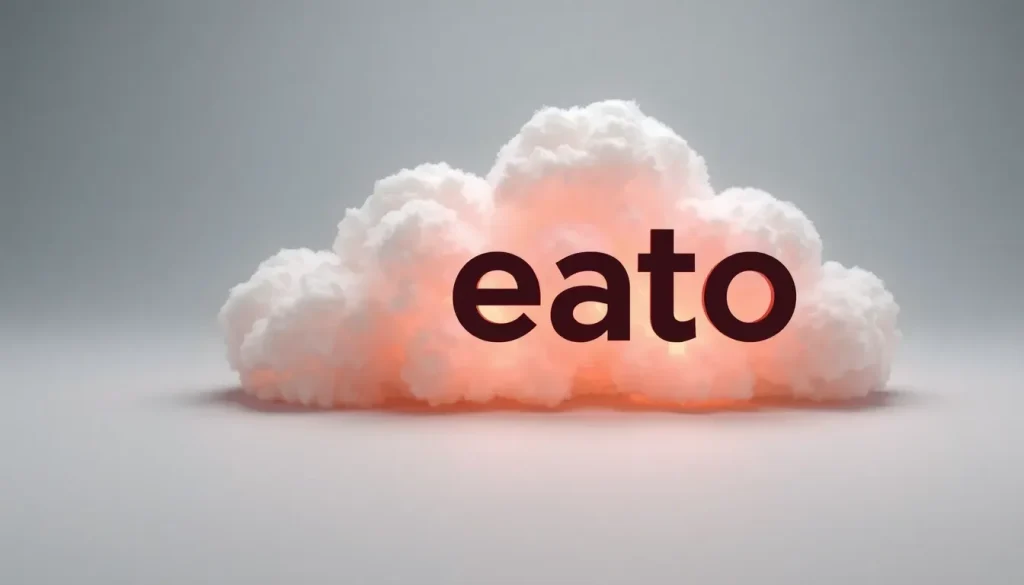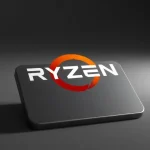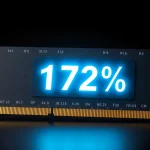Neato cloud shutdown highlights failure in smart product support

The recent decision by Neato Robotics to shut down its cloud services three years earlier than anticipated has left many users of their robot vacuums in a difficult situation. This event serves as a stark reminder of the potential vulnerabilities associated with smart devices, particularly those that rely heavily on cloud connectivity for their functionality.
As the smart home landscape continues to evolve, understanding the implications of such shutdowns becomes increasingly important for consumers. With the rise of interconnected devices, the reliance on company-operated servers poses a significant risk to the usability of these gadgets. This article delves into the ramifications of Neato's cloud shutdown and explores how consumers can protect themselves from similar situations in the future.
the transformation of smart products into dumb devices
The term "bricking" refers to rendering a device completely unusable, akin to a brick. Unfortunately, this phenomenon is not new. The closure of a company's operations often leads to the downfall of smart products that depend on cloud services. When the servers go offline, the smart capabilities of these devices can vanish, and in the worst-case scenario, the product may become entirely inoperative.
Several notable incidents illustrate this issue:
- In 2023, VanMoof, an e-bike manufacturer, ceased operations, leaving customers unable to unlock their bikes due to a reliance on a server for access codes.
- Through a fortunate turn of events, a third-party company intervened, providing a solution that allowed users to regain access to their bikes.
- A similar situation emerged last year with Brilliant, a smart home company; while their light switches continued to function, customers lost the ability to edit or create new routines when the servers went offline.
These examples highlight the crucial need for consumers to consider the sustainability of the companies behind their smart devices. Without a stable company infrastructure, users face the risk of their investments becoming obsolete.
neato robovacs will function manually
Neato Robotics, which closed its doors in 2023, initially promised that its MyNeato app would remain operational until 2028. However, a recent email to customers revealed a reversal of this commitment. The company announced that cloud services would be discontinued, effectively turning Neato robovacs into manual devices.
As stated in the communication from Neato, “Since Neato ceased operations in 2023, Vorwerk has continued maintaining the Neato cloud platform to honor the original five-year service promise. However, cybersecurity standards and compliance obligations have advanced in ways that make it no longer possible to safely and sustainably operate these legacy systems.”
This decision means that the only way users can operate their vacuums is by manually pressing the start button. Features that allowed for customizable cleaning routines or specific area cleaning will no longer be available, severely limiting the functionality of the devices.
the critical role of homekit and matter support
The recent events surrounding Neato Robotics underscore the vital importance of investing in smart home products that are compatible with standards like HomeKit or Matter. These protocols provide a layer of security against potential service shutdowns.
While no solution is foolproof—some advanced features may still rely on proprietary apps or servers—devices that support HomeKit or Matter will retain core functionalities. This ensures that users can maintain basic operations even if the manufacturer ceases to exist.
By focusing on compatibility with these standards, consumers can make more informed purchasing decisions, reducing the likelihood of experiencing a "bricked" device. Here are some key benefits of buying compatible devices:
- Interoperability: Devices that adhere to common standards can work together seamlessly, enhancing the smart home experience.
- Future-proofing: As long as there is support for HomeKit or Matter, devices are less likely to become obsolete due to manufacturer issues.
- Access to updates: Regular updates and improvements are more likely to be available for devices that are part of established ecosystems.
additional considerations for smart device consumers
Consumers should be aware of several factors when purchasing smart devices to ensure they remain functional over time:
- Research company stability: Investigate the financial health and longevity of the company behind the device.
- Check for third-party support: Look for devices that have a history of third-party integrations, which may offer alternative functionalities if the original company fails.
- Read reviews and community feedback: Engage with user communities to understand common issues and the manufacturer's responsiveness to concerns.
highlighted products to consider
For those looking to invest in reliable smart home products, here are some options that are known for their compatibility with HomeKit and Matter:
- Robot vacuum cleaners
- Apple 40W Dynamic Power Adapter for iPhone 17
- Official Apple iPhone Air cases and bumpers
- iPhone Air MagSafe Battery
- Official iPhone Air case
- Official iPhone 17 cases
- Official iPhone 17 Pro cases and Pro Max cases
As the landscape of smart home technology continues to change, staying informed and making prudent choices will help users avoid the pitfalls that come with unsupported devices. The closure of Neato Robotics serves as a cautionary tale for consumers to prioritize compatibility and the longevity of their smart home investments.




Leave a Reply